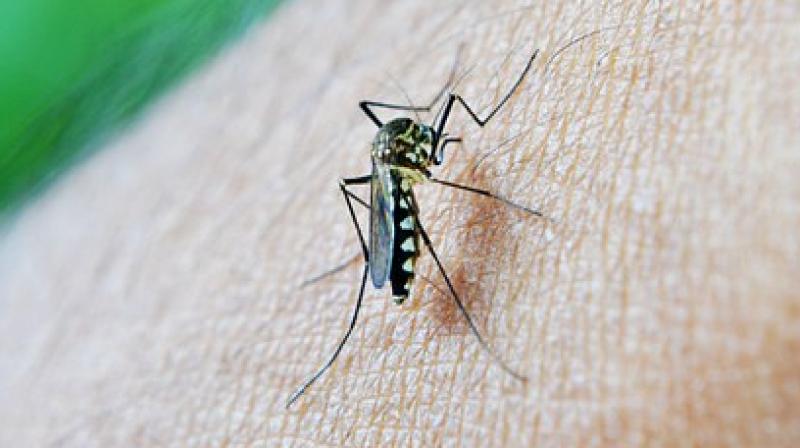Death of Malaria: Scientists wipe out colony of mosquitoes in new experiment

A major research breakthrough has had scientists saying that there is new hope in the fight against malaria.
Following a series of laboratory experiments, researchers from Imperial College London succeeded in wiping out a population of caged mosquitoes using a type of genetic engineering known as a gene drive.
The process allowed them to tweak the genes of mosquitoes and block female reproduction in them.
The research, published in the journal Nature Biotechnology says that the scientists managed to eliminate the population in less than 11 generations.
According to them, the gene drive technique could be used to control the spread of malaria.
Malaria is a parasitic disease that is carried by Anopheles gambiae mosquitoes.
Co-lead author of the study, Andrea Cristani said that it would still be at least 5 to 10 years before they can consider testing any mosquitoes with gene drive in the wild.
The results mark the first time this technology has been able to completely suppress a population.
In future, scientists intend to release mosquitoes carrying a gene drive and they will then spread female infertility within local malaria-carrying mosquito populations, causing them to collapse.
Gene drives alter DNA and drive genetic changes through multiple generations by overriding normal biological processes and the new technique is designed to target the specific mosquito species Anopheles gambiae that is responsible for malaria transmission in sub-Saharan Africa.
The new breakthrough comes after the World Health Organization warned that global progress against malaria is stalling and could be reversed if momentum in the fight to wipe it out was lost.

